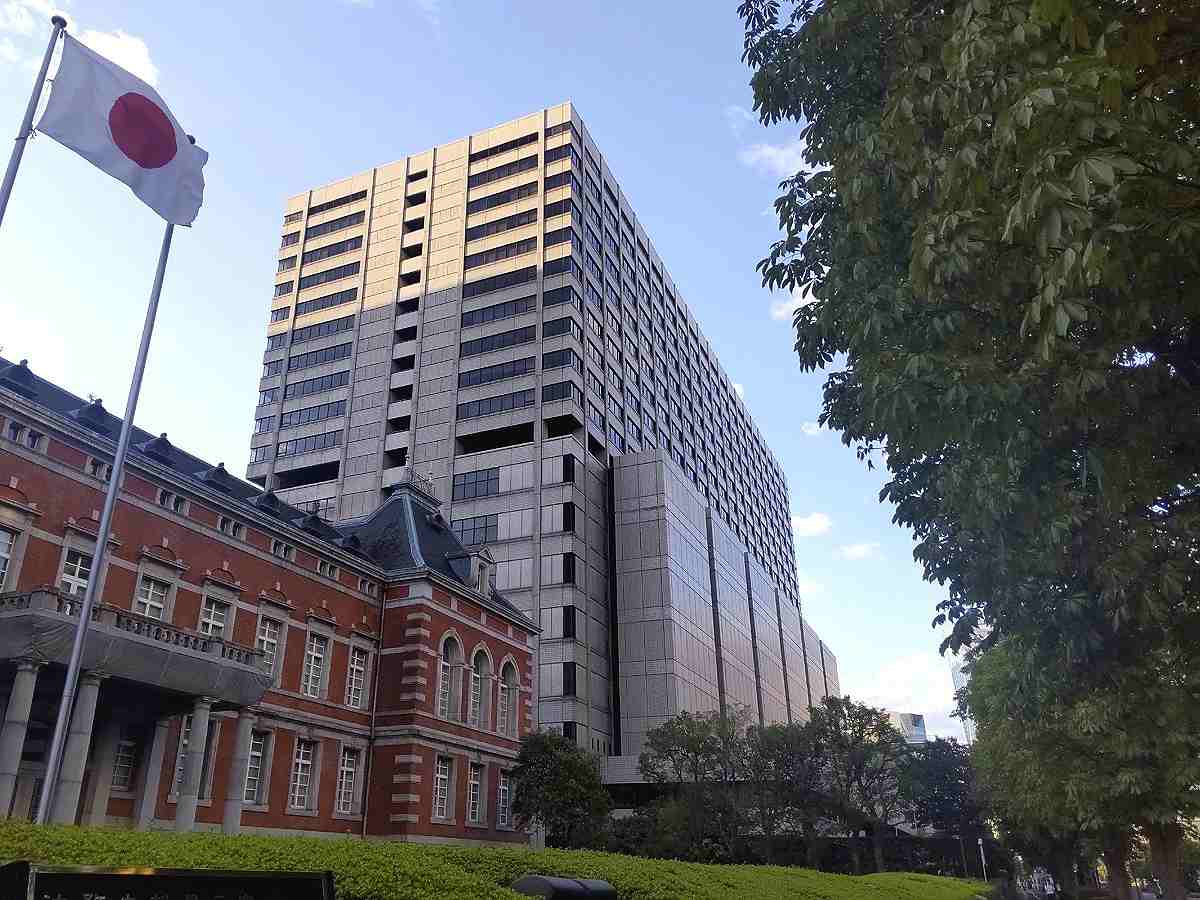Organizations Helping Troubled Women Continue to Be Intimidated as Harassing Information Spreads on Social Media

The Tokyo District Court in Chiyoda Ward, Tokyo
12:35 JST, October 24, 2024
Private organizations that aid women facing hardships have repeatedly been subject to intimidating actions.
People have posted disparaging information about the organizations on the internet, and some of the entities were forced to scale down their activities.
In July, the Tokyo District Court handed down a ruling ordering a man to pay ¥2.2 million of compensation for defaming Colabo, a Tokyo-based general incorporated association that supports young women who have suffered from sexual violence.
According to the ruling and others, the man reposted photos of documents on Colabo’s activities on video-sharing websites and other social media and wrote comments stating that the activities constitute a business using public assistance money.
In the wake of the online comments, some people including Youtubers flocked to the organization’s shelters that protect such women and then disclosed the locations of the shelters on the internet the locations.
Subsequently, Colabo had to close more than half of its shelters.
The court denied the credibility of the man’s social media posts, as the ruling said, “The possibility that [the man] distorted the content of activity reports [of Colabo] cannot be denied, and he did not confirm the facts.”
Yumeno Nito, 34, a Colabo representative, said, “There are still many girls who believe false rumors, and so they are reluctant to consult us. The damage is serious.”
The man appealed the ruling and unveiled that he has collected more than ¥100 million of donations for the court battle via social media.
Bond Project, a Tokyo-based nonprofit organization that provides places of rest for girls with various troubles, closed two of its three shelters because the undisclosed locations of the shelters were widely revealed on social media.
The number of meetings with such girls and cases of protecting such girls, which had been several hundred a month, halved.
Paps, a Tokyo-based nonprofit organization that offers consultation to victims of sexual assault, had to relocate its activity base because a man barged into its previous office and caused other nuisances.
As the issue caused controversy on social media and on other occasions, donations from companies and others decreased. As a result, the NPO’s funding for its activities ran about ¥15 million short per year, and it now makes ends meet by reducing the number of staff.
All the organizations said that such harassing actions started or became more radical than before since around 2022.
“As social media has proliferated and the conditions of women’s rights have improved, some men fear that their rights may be deprived,” said Senshu University professor Shintaro Kono, an expert on gender studies. “The background behind the issues may be that it has become easier for such men to collaborate and become radicalized.”
He added, “To eliminate such discrimination against women, low-profile efforts, such as enlightenment programs at schools or other public places, and deleting improper online postings, are necessary.”
Top Articles in Society
-

Man Infected with Measles Reportedly Dined at Restaurant in Tokyo Station
-

Man Infected with Measles May Have Come in Contact with Many People in Tokyo, Went to Store, Restaurant Around When Symptoms Emerged
-

Woman with Measles Visited Hospital in Tokyo Multiple Times Before Being Diagnosed with Disease
-

Australian Woman Dies After Mishap on Ski Lift in Nagano Prefecture
-

Foreign Snowboarder in Serious Condition After Hanging in Midair from Chairlift in Nagano Prefecture
JN ACCESS RANKING
-

Japan PM Takaichi’s Cabinet Resigns en Masse
-

Japan Institute to Use Domestic Commercial Optical Lattice Clock to Set Japan Standard Time
-

Israeli Ambassador to Japan Speaks about Japan’s Role in the Reconstruction of Gaza
-

Man Infected with Measles Reportedly Dined at Restaurant in Tokyo Station
-

Videos Plagiarized, Reposted with False Subtitles Claiming ‘Ryukyu Belongs to China’; Anti-China False Information Also Posted in Japan





















